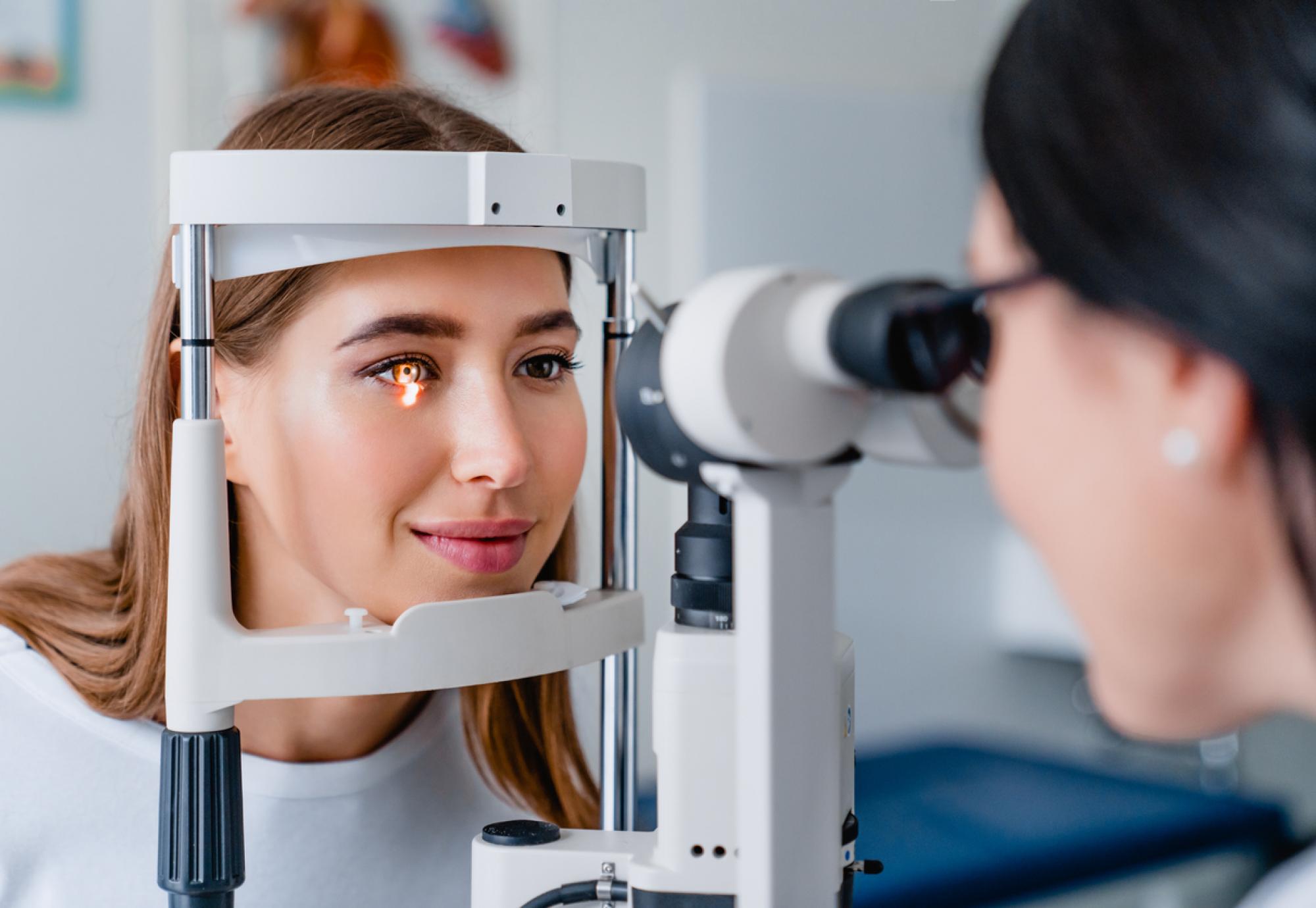A new eye test has been carried out at Western Eye Hospital, that can be used to predict a condition that can lead to blindness. It is part of a clinical trial and study, which involved 113 patients using retinal imaging technology. It was able to identify areas of the eye showing signs of geographic atrophy (GA), which is a common condition that causes reduced vision and blindness.
The retinal imaging technology allows clinicians to see unhealthy and dying cells on the retina, which helps provide information on the activity of the disease. Previous clinical trials have shown that the test can predict the progression of disease.
The trial was led by researchers at Imperial College London and UCL, who believe that this technology could be used as a screening test for GA, as well as helping advance the development of new treatments for the disease. GA is often difficult to identify at an early stage, so this is thought to help prevent any sight loss. The new study found that the technology was able to predict GA three years in advance.
Professor Francesca Cordeiro, Lead Author of the study, Honorary Consultant Opthalmologist at Imperial College Healthcare NHS Trust, and Professor of ophthalmology at Imperial College London, said: “Geographic atrophy is one of the leading causes of reduced vision, and in some cases blindness, in the developed world. It can significantly impact patients’ quality of life as tasks such as reading, driving, and even recognising familiar faces become more difficult as the disease advances.
“As life expectancy in developed countries continues to increase, the incidence of GA has grown.
“Early detection is a key defence against this disease but as symptoms develop over several years, the condition is often picked up once the disease has progressed to a more advanced stage.
“Our study is the first to show that DARC technology can be used to predict whether a patient is at risk of developing GA. These findings will help clinicians intervene with treatments to slow down vision loss and manage the condition at an early stage. We also hope that this technology can be rolled out onto high street opticians and used as a screening test in primary care settings.”
During the test carried out fluorescent dye was injected into the bloodstream through the arm, which then attaches to the retinal cells, illuminating those that are undergoing stress or cell death. GA is the most common cause of blindness for those over 55, affecting 700,000 people in the UK. This is expected to double in the next 25 years.
There is no cure for this, but early detection can help identify potential treatments that could prevent severe vision loss, or slow the disease’s progression, such as eye injections and tablets. The study is anticipated to help clinicians find the best treatment options to slow down vision loss and manage the condition at an early stage.
The study is published in Progress in Retinal Eye Research, with plans to further validate their results in larger clinical trials in the UK later this year. The study was funded by the Wellcome Trust and supported by NIHR Imperial Biomedical Research Centre.



















